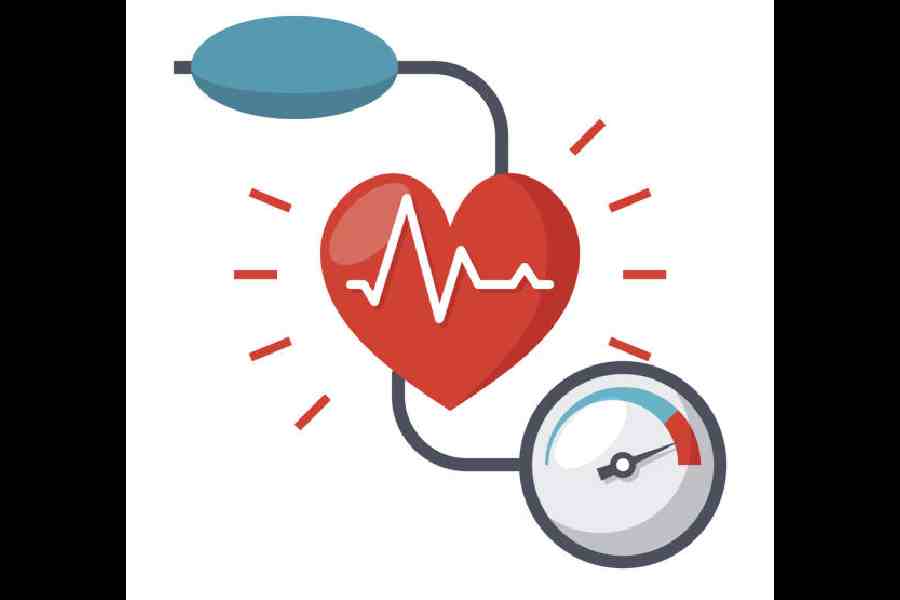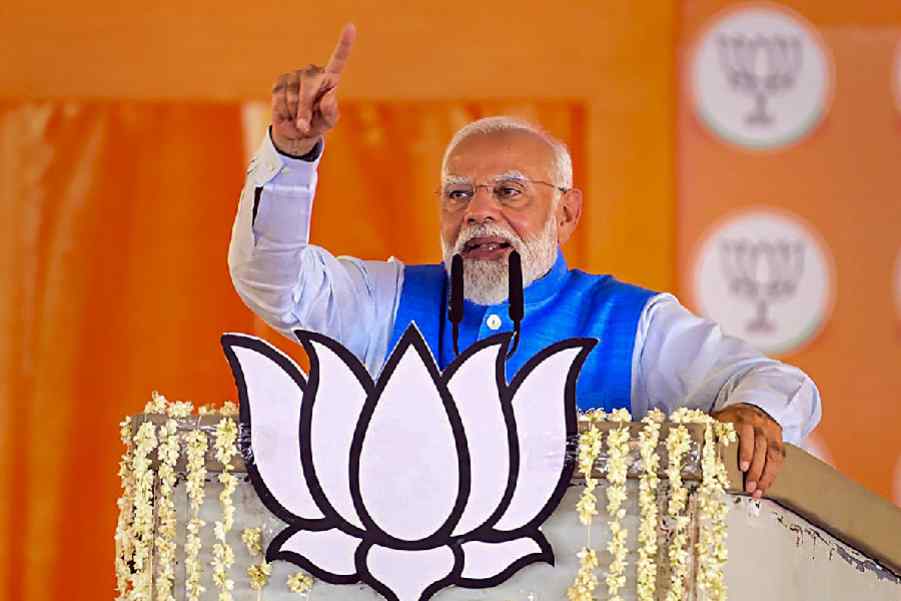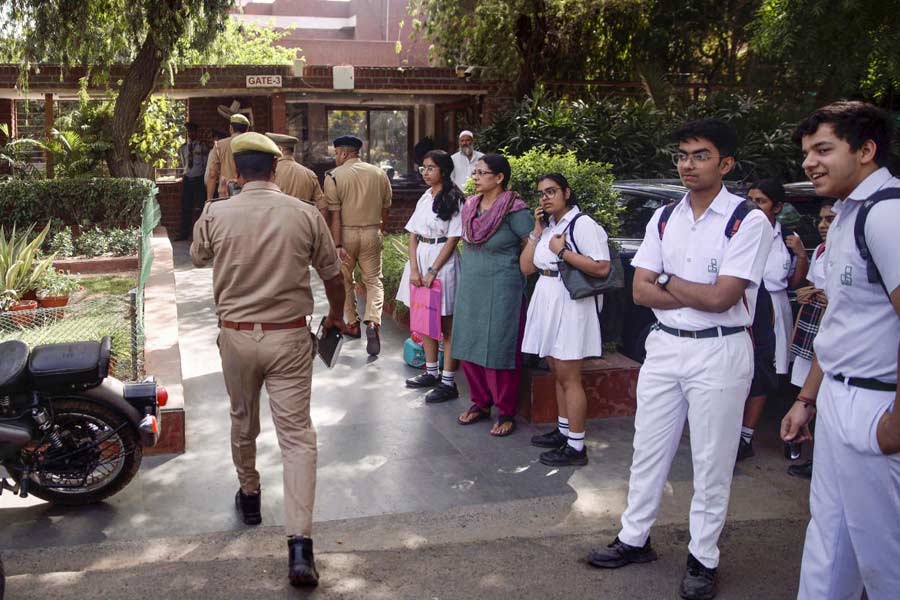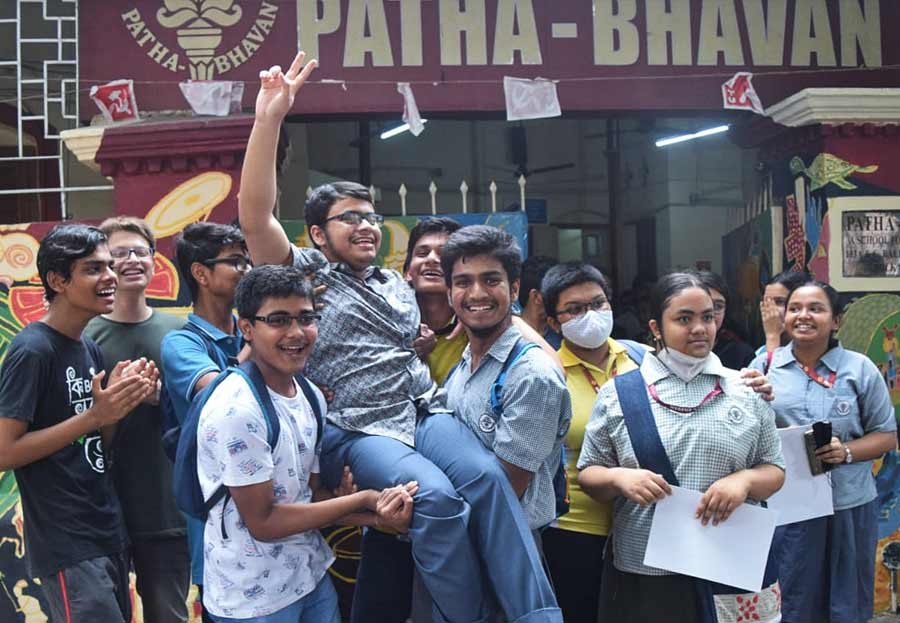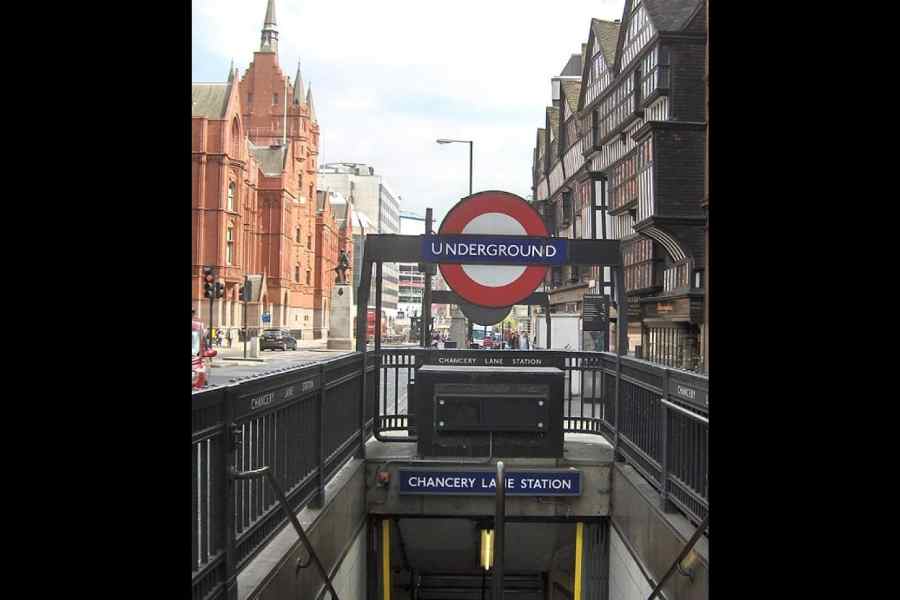High blood pressure is like a silent thief who creeps into your house. Realisation dawns only when you are attacked.
Blood pressure has two values, measured in millimetres (mm) of mercury. The upper value (systolic) should not exceed 120 while the lower value (diastolic) should be less than 80. At least three high values should be measured before treatment is started.
Low blood pressure is less than 90/60. It is rare and there is usually a secondary cause like blood loss, septicaemia, vomiting, diarrhoea, overuse of diuretics or strenuous exercise and dehydration.
A sudden spike in blood pressure while seeing the doctor may be because of anxiety, consumption of caffeine (coffee or tea) or an increase in the heart rate.
Hypertension is usually primary, with no identifiable cause. It can occur in any person. It usually sets in after the age of 20. Since it rarely causes symptoms, detection may occur during a routine check-up.
There may be a family history of hypertension. The person may be obese, physically inactive, smoke or drink regularly, have high stress or not sleep well.
When blood pressure is high, the heart (basically a pump) works harder for the blood to reach all parts of the body. Eventually, the heart may be unable to cope and fail. The force with which the blood is pumped injures the delicate inner lining of blood vessels, resulting in tiny tears. LDL (low-density lipoprotein) can get deposited on the tears, forming clumps and plaques, which can block the blood vessels.
As hypertension is asympto-matic, it may go undetected. The consequences are severe. It can result in heart attack, heart failure, stroke and kidney failure. Decreased blood supply to the brain can cause vascular dementia.
Sometimes, high blood pressure may be due to other medical problems like diabetes, renal diseases like polycystic kidneys, endocrine issues, parathyroidism or even pregnancy. These causes become evident during routine medical workups for hypertension. If the primary cause is corrected, the hypertension disappears.
Initially, lifestyle modifications like reaching ideal body weight, exercising aerobically for 30 minutes a day, avoiding tobacco and alcohol, eating a healthy diet with 4-6 helpings of fruits and vegetables daily, avoiding salty snacks and sleeping 7-8 hours can be tried. If there is no improvement, medication needs to be started.
The medicine needs to be taken at the same time every day. The tablets act for a specific time: 24 hours, 12 hours or eight hours. They do not necessarily have to be taken after meals, eating a biscuit is enough. If the time is not adhered to because of fasting or delayed meals, or if doses are missed, the blood pressure will be out of control.
Initially, a single medication is started and the dose is increased until the maximum is reached. Then, a second medication can be added. If the blood pressure becomes normal, it does not mean that you are “cured”. The normal levels are due to the medication. Do not discontinue it without consulting your physician. You can develop rebound hypertension even higher than your previous value.
Reducing salt intake to 2.5gm or 1/2 a teaspoon per member of the household per day also helps. Remember, salt in our diet is also hidden in sauces, salty snacks and added preservatives. Do not add extra salt to food even if you feel that the salt is insufficient.
A wide range of medications is available to control blood pressure. Any contributing factors, like diabetes or elevated lipids, should also be simultaneously treated.
Early detection, and appropriate and regular treatment prevent complications like kidney failure and mental changes, help improve outcomes and help individuals with hypertension lead long, healthy, productive lives.
The writer has a family practice at Vellore and is the author of Staying Healthy in Modern India. If you have any questions on health issues please write to yourhealthgm@yahoo.co.in

